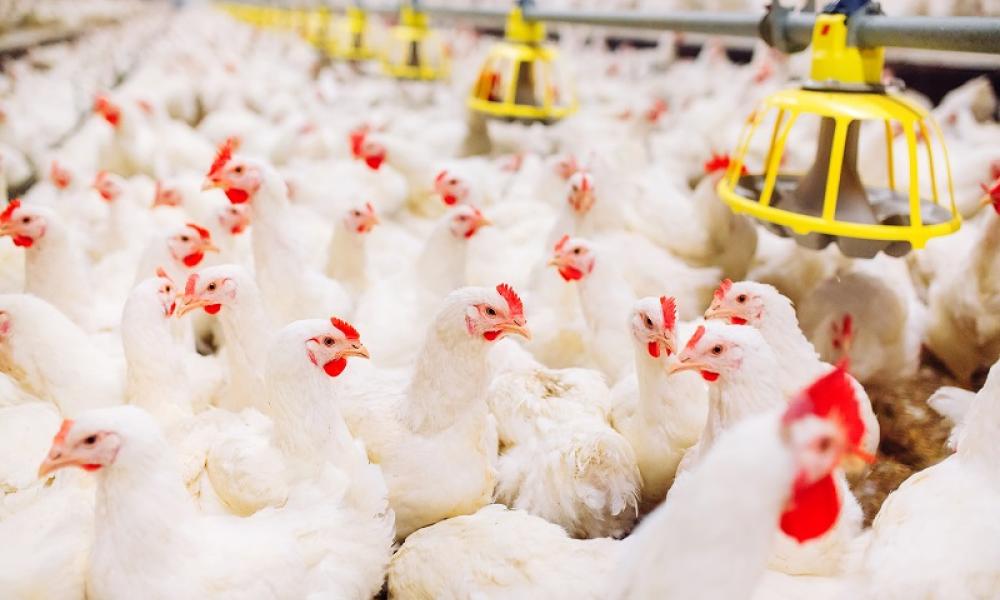
WHAT CAUSES PANDEMICS?
WHAT CAUSES PANDEMICS?
Did you know that around 70% of infectious diseases that affect people start in animals? These ‘zoonotic’ diseases have been responsible for all recent outbreaks and pandemics that have threatened our global health – including COVID-19, HIV and Ebola.
New zoonotic diseases are emerging at an alarming rate. In their natural habitat, these diseases pose little threat to people, circulating harmlessly within wildlife populations.
But by bringing people, livestock and wildlife into unnaturally close contact, we increase the risk of dangerous diseases spreading to us. Such close contact becomes more likely when we destroy forests and natural habitats, take wild animals out of their homes for the wildlife trade and intensively farm animals for food.
There’s a hidden cost to the food we eat and the things we buy in the UK – the destruction of nature overseas, losing wildlife and making climate change worse. A significant part of the UK’s overseas land footprint is still linked to countries at high risk of deforestation and destruction of other natural habitats. Every area cleared brings us in closer contact with wild animals and risks a new global pandemic
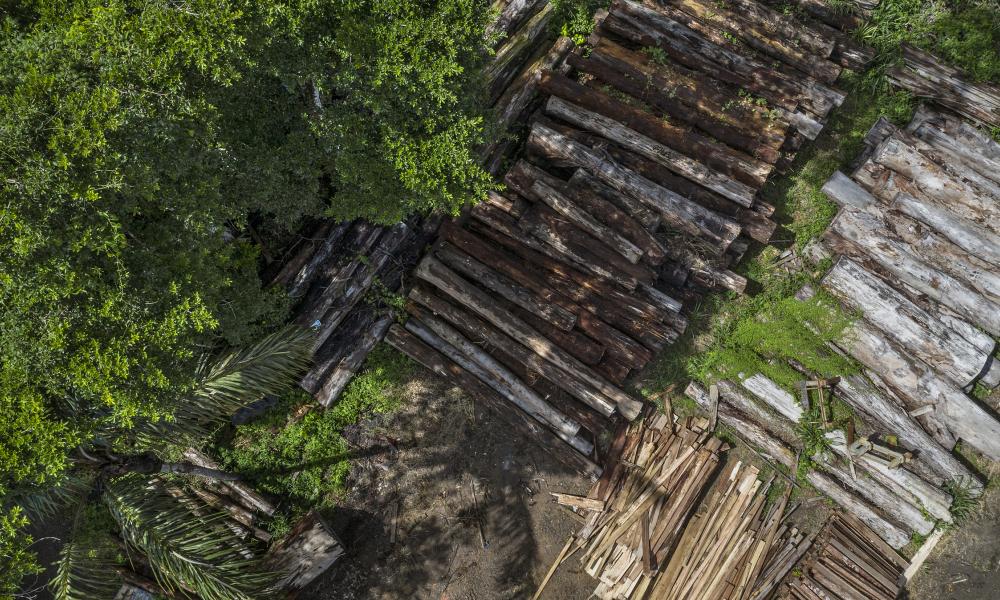
Don’t let the UK be complicit in the next pandemic
Don’t let the UK be complicit in the next pandemic
Right now, the UK is deciding on trade deals that will impact our health and the health of the planet – for generations to come.We need to make sure the products we import through these trade deals, like soy, beef and palm oil, don’t rely on unsustainable farming, destroying nature and animals being kept in disease-ridden conditions. If we don’t, the UK will be complicit in the next public health crisis.
Deforestation, habitat destruction and intensive farming are driving humans and wildlife into ever closer contact. It’s creating the perfect conditions for the next virus to spill over from wildlife to humans, and the next global pandemic.
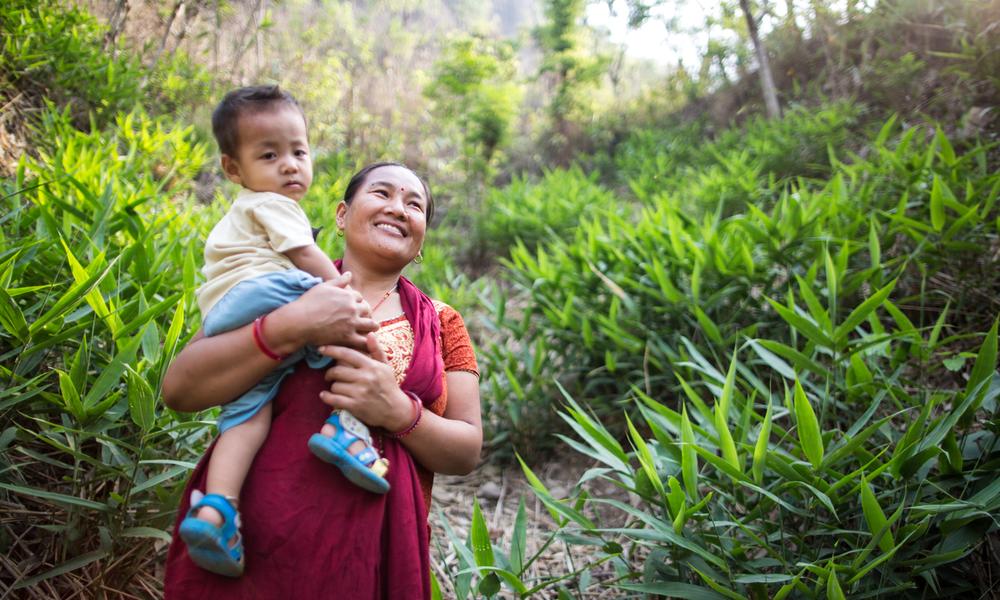
Protecting people and planet
Protecting people and planet
Wildlife tourism has collapsed, depriving communities – many of whom are guardians of nature – of income they depend on. Some indigenous communities have no protection against COVID-19 at all, leaving them vulnerable.
While we’re less able to protect nature, the threats of illegal logging, wildlife poaching and, uncontrolled wildlife trade rise.
We’ve seen real success in recent years – tigers and black rhinos are growing in number in the wild. More people than ever before care about the planet. We can’t let this progress be undone.
Help us support the communities who protect nature – and tackle the root causes of pandemics.
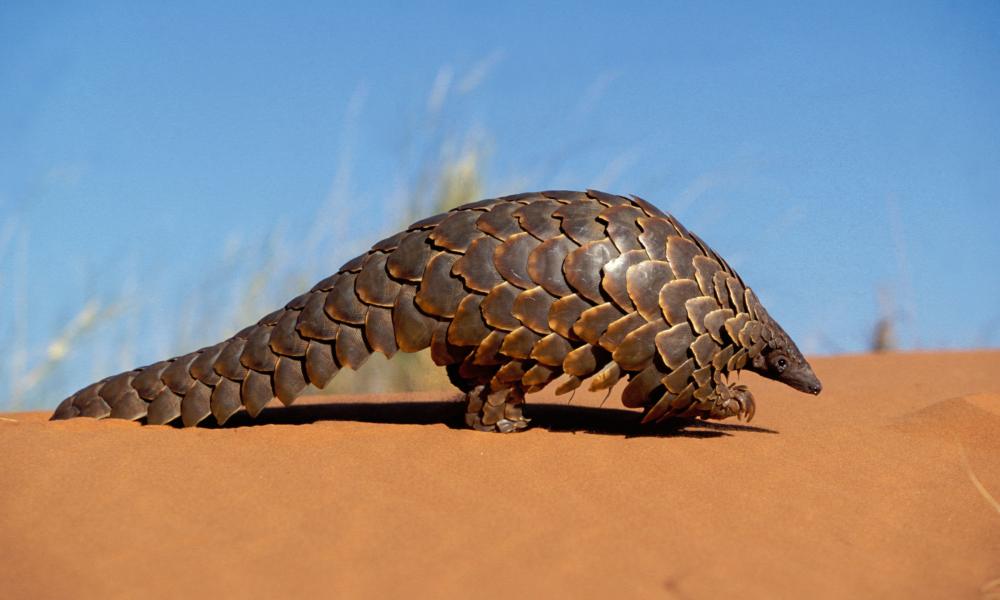
WHAT WE NEED TO DO
WHAT WE NEED TO DO
In the past few months, it’s become clearer than ever. We need a plan for our health and the health of the planet – because they are one and the same.
We need to:
- Protect forests and other natural habitats. Deforestation is one of the biggest threats to the climate, to wildlife and to our health. Every area lost risks a new pandemic. Instead, we need to protect what’s left and restore what we’ve lost – for the benefit of everyone.
- Build a more sustainable food system. Intensive farming can be a breeding ground for infectious diseases. Land grabbing and expanding our farmlands, especially into wild places, threatens the natural habitats that provide us with so many things we need. By building a healthier, more sustainable food system, we can feed our growing population without increasing the risk of pandemics.
- Stop illegal and unregulated wildlife trade. Being in such frequent contact with wildlife is increasing our chances of catching diseases. We need to tackle the illegal wildlife trade and make sure any contact with wildlife across the world is safe, sustainable and well-regulated.
It all comes down to protecting nature. If we look after our planet and make sure the balance is as it should be, we can reduce the risk of future pandemics. We need to work in partnership with nature, rather than against it.
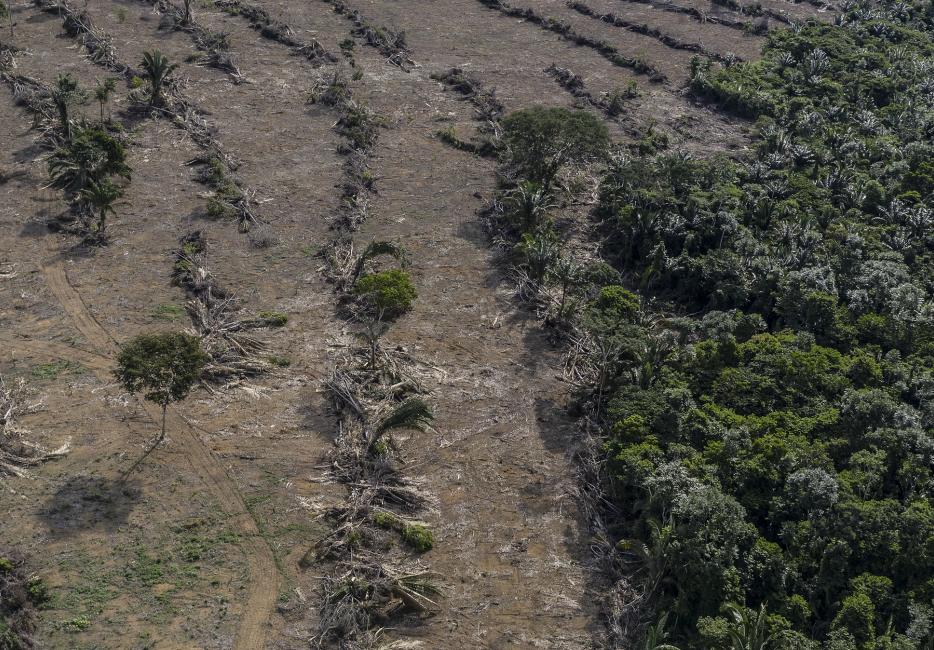
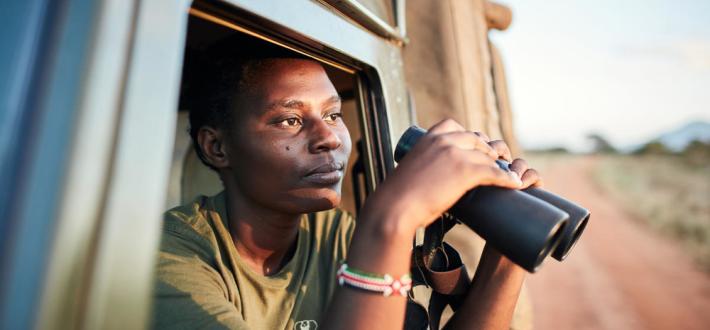
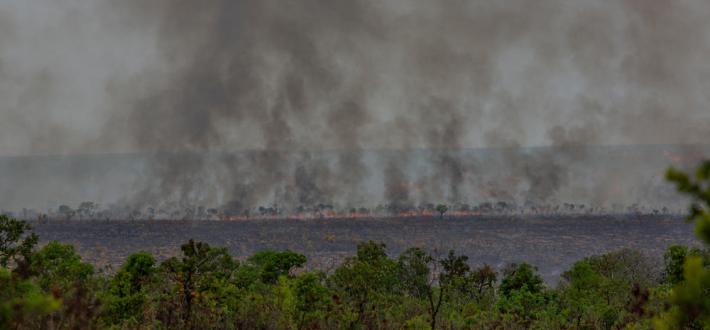

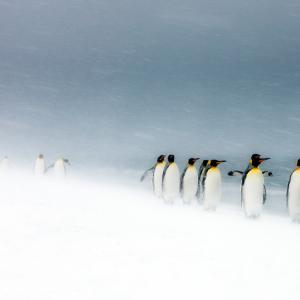 Here are 10 myths about climate change
Here are 10 myths about climate change
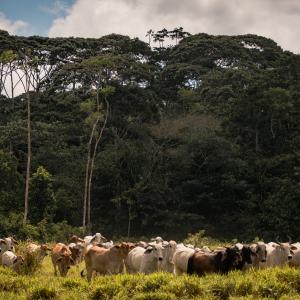 Deforestation and food: your questions answered
Deforestation and food: your questions answered
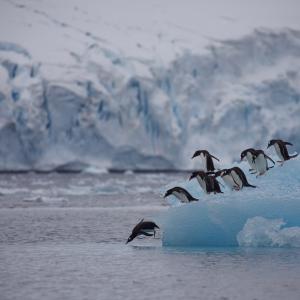 We can fight the climate crisis together
We can fight the climate crisis together
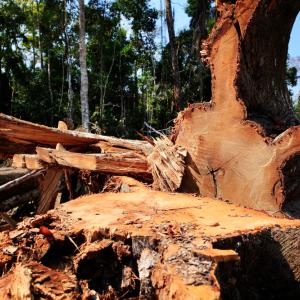 Our 10 myths about deforestation
Our 10 myths about deforestation